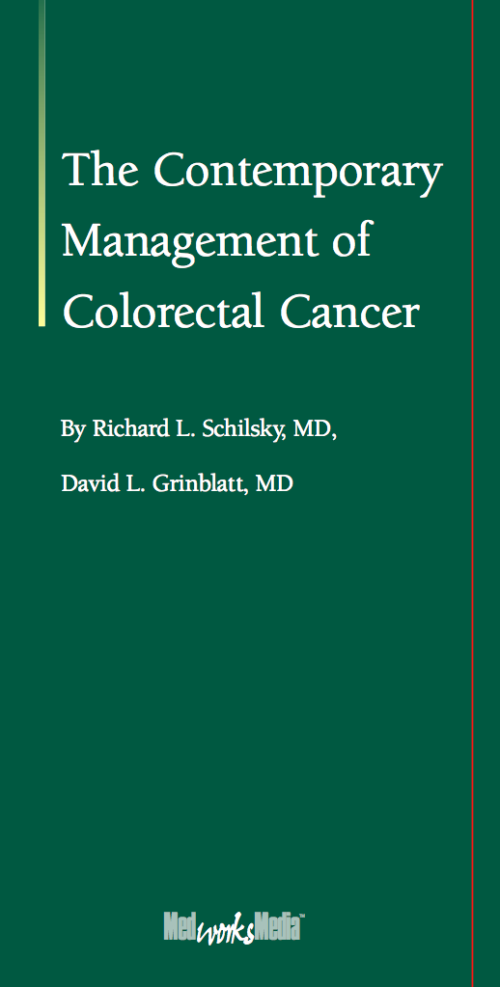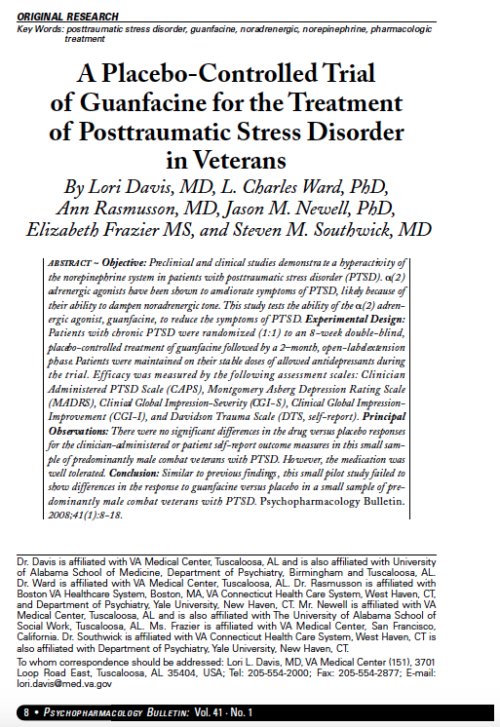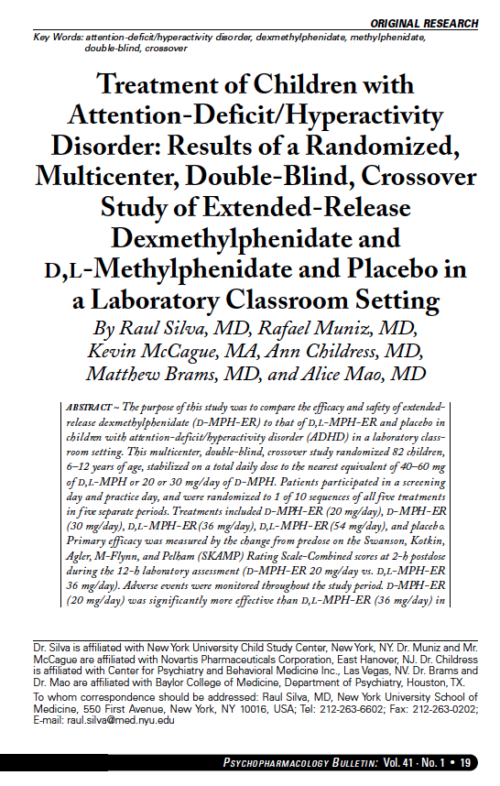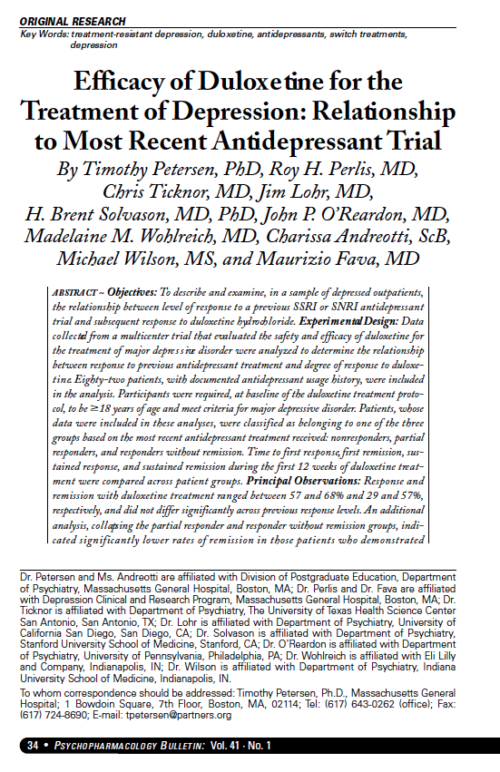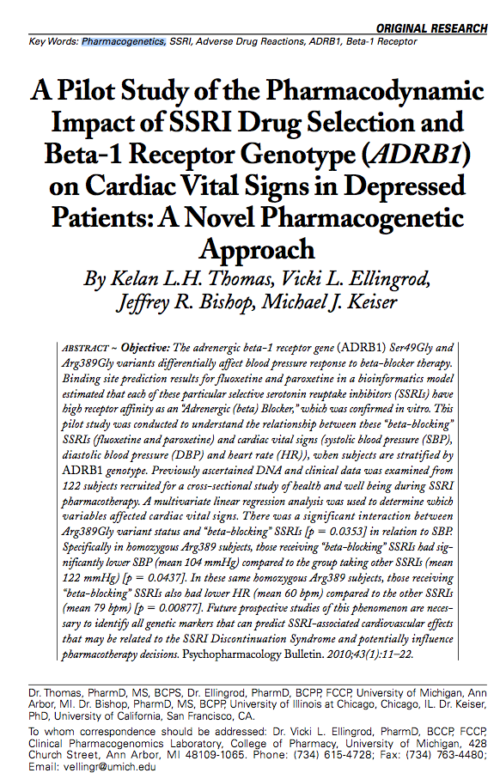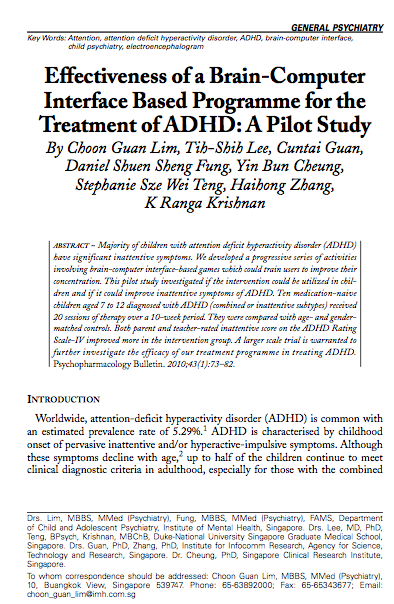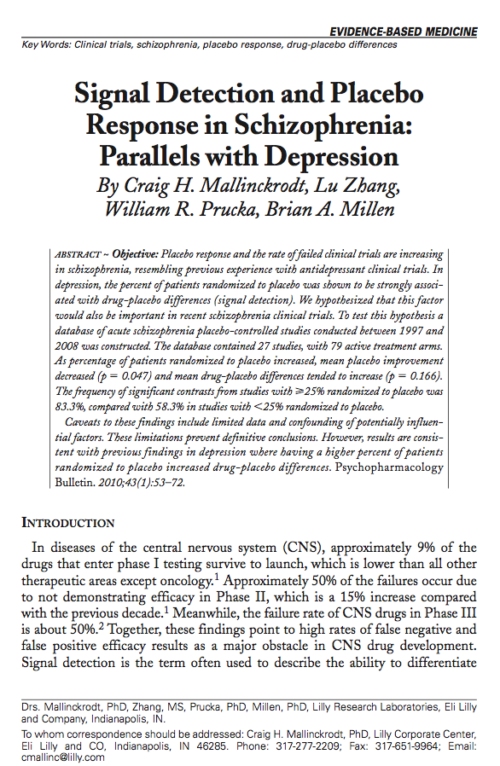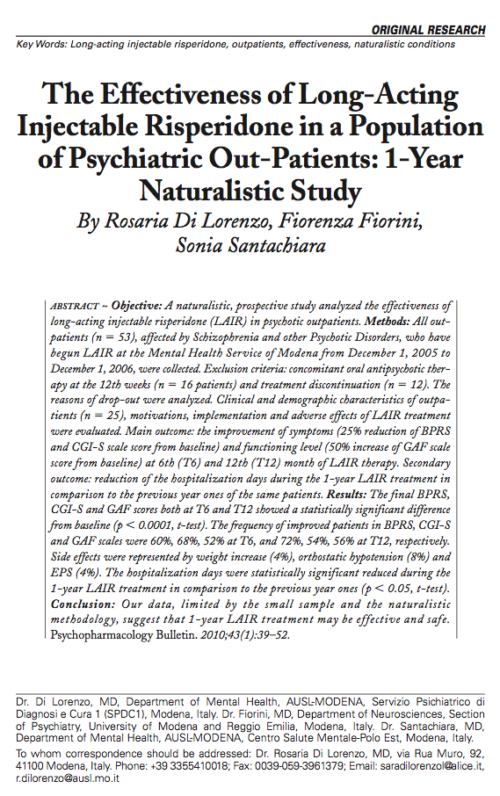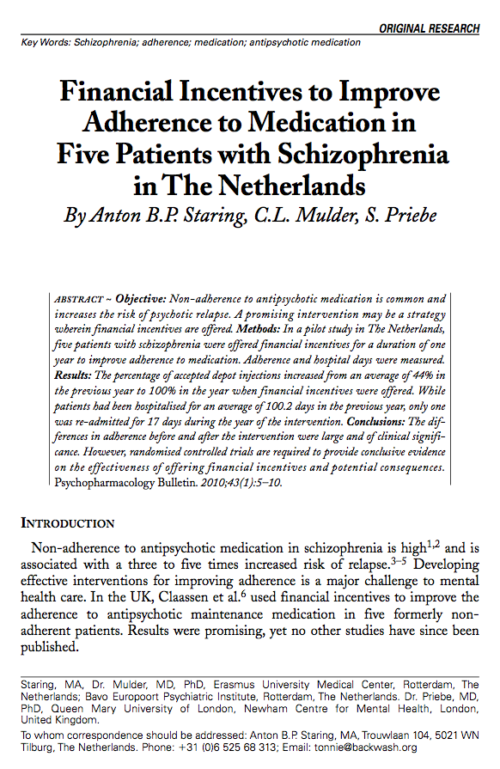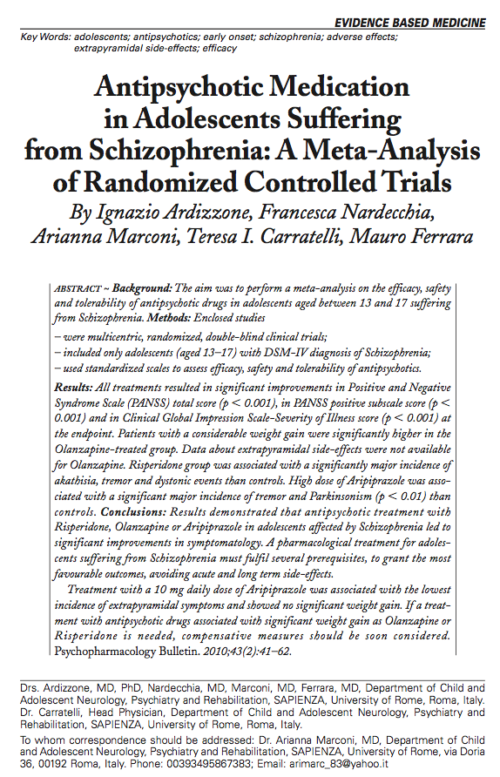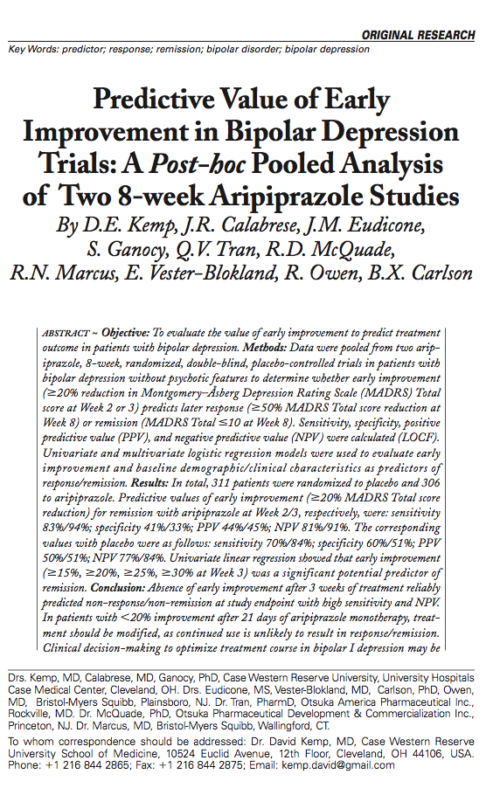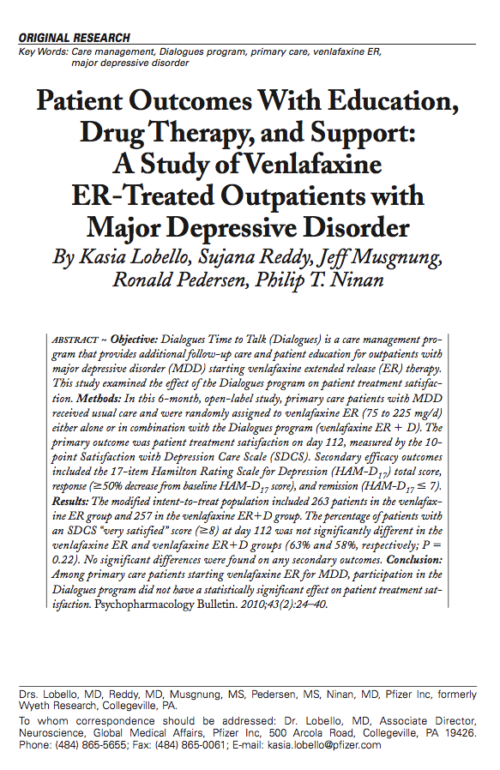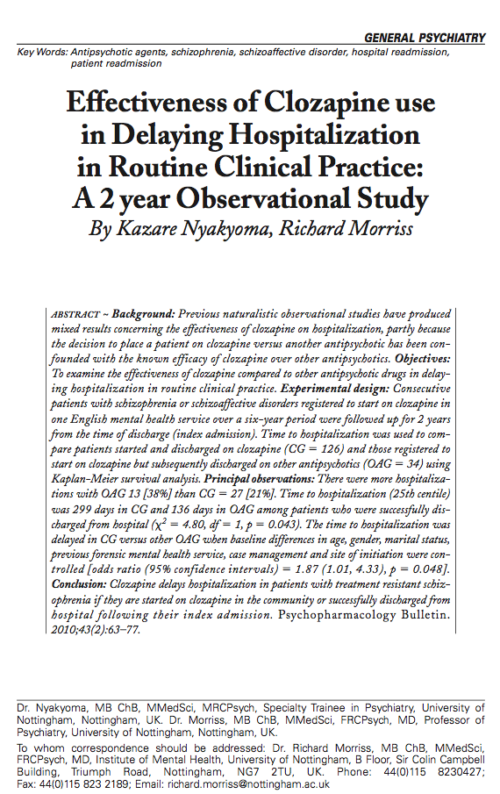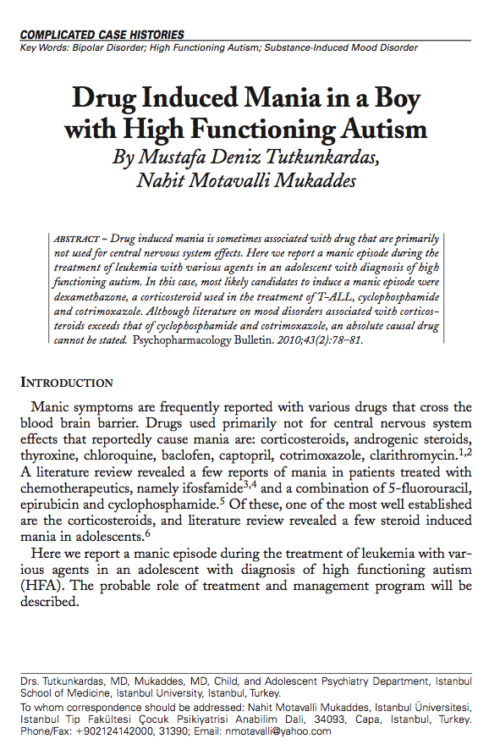The contemporary management of colorectal cancer requires a multi-disciplinary approach that relies on careful pathologic staging and appropriate use of surgery, radiation therapy, and chemotherapy to produce the best possible survival and quality of life for patients with this disease.
-
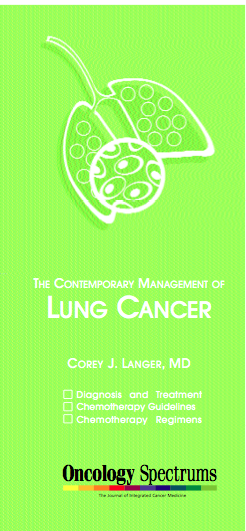 All GradWorks Special Projects are Subject to Medical Updates & are Available for Sponsorship via Unrestricted Educational Grant.
All GradWorks Special Projects are Subject to Medical Updates & are Available for Sponsorship via Unrestricted Educational Grant.A number of unanswered or evolving issues remain in lung cancer. These issues include: revisiting the issue of screening and early detection using spiral computed tomography (CT); the evaluation of new, non-toxic agents for chemoprevention in those at risk and in those with pathologic stage I disease; the role of molecular genetics and other biologic markers in fingerprinting tumors, predicting prognosis and tailoring therapy; the ultimate role of newer agent(s) as part of neoadjuvant therapy in less advanced (stage II and III) disease; the role of newer agents that alter the tumor milieu/microenvironment (eg, angiogenesis or metallo- proteinase inhibitors, etc.) in delaying progression in late disease and preventing relapse in earlier disease; the proper sequencing of radiation and chemotherapy in stage III disease (eg, the ultimate role of sequential neoadjuvant and concurrent chemoradiation); the roles of biologics, non-chemotherapeutic radiosensitizers and normal tissue protectants in stage III NSCLC; the opti- mal dose, volume, fractionation and schedule of radia- tion therapy (RT), and the role of 3-D conformal RT; and the necessity of surgery after chemoradiation for stage III disease.
-
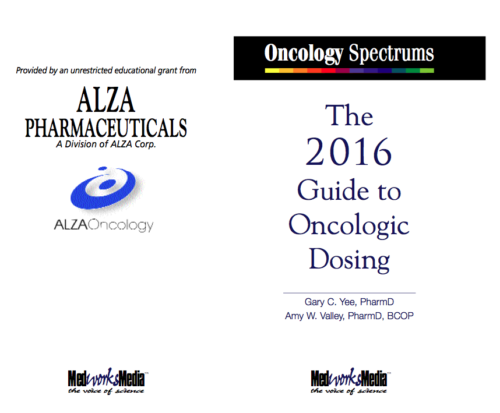 All GradWorks Special Projects are Subject to Medical Updates & are Available for Sponsorship via Unrestricted Educational Grant.
All GradWorks Special Projects are Subject to Medical Updates & are Available for Sponsorship via Unrestricted Educational Grant.This handbook is meant to provide quick, bed- side, basic information about currently approved anticancer and chemoprotectant agents. Drug indications approved by the US Food and Drug Administration (FDA) are included to provide a framework for deciding use of that agent. However, anticancer agents are often used outside of FDA labeling and sometimes used based on minimal clinical data. In this situation, the dosage guidelines will provide an estimate for a safe dose to use in a particular patient, especially with regard to the total to be administered per cycle or treatment course. To prevent errors though, the original refer- ence source for use of that agent or combination should always be consulted first.
-
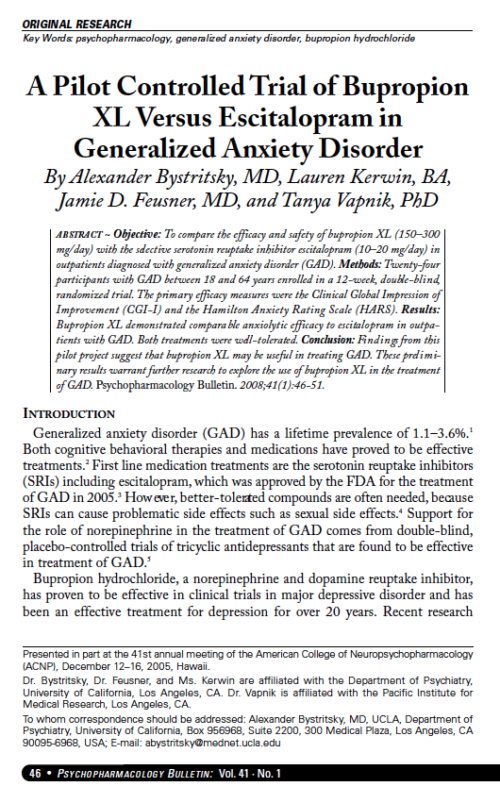
Alexander Bystritsky, MD Link
ORIGINAL RESEARCH
Efficacy of Duloxetine for the Treatment of Depression: Relationship to Most Recent Antidepressant Trial
Timothy Petersen, PhD, Roy H. Perlis, MD, Chris Ticknor, MD, Jim Lohr, MD, H. Brent Solvason, MD, PhD, John P. O’Reardon, MD, Madelaine M. Wohlreich, MD, Charissa Andreotti, ScB, Michael Wilson, MS, and Maurizio Fava, MD
-
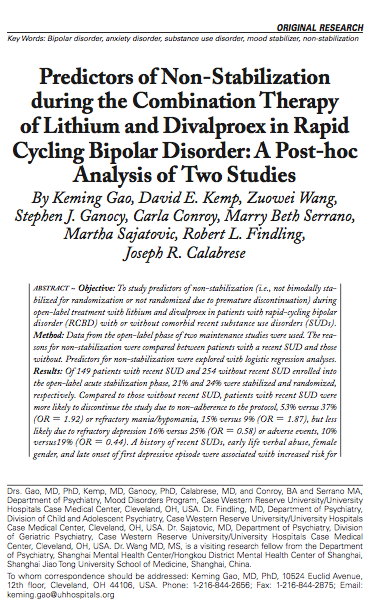
Predictors of Non-Stabilization during the Combination Therapy of Lithium and Divalproex in Rapid Cycling Bipolar Disorder: A Post-hoc Analysis of Two Studies
By Keming Gao, David E. Kemp, Zuowei Wang, Stephen J. Ganocy, Carla Conroy, Marry Beth Serrano, Martha Sajatovic, Robert L. Findling, Joseph R. Calabrese


